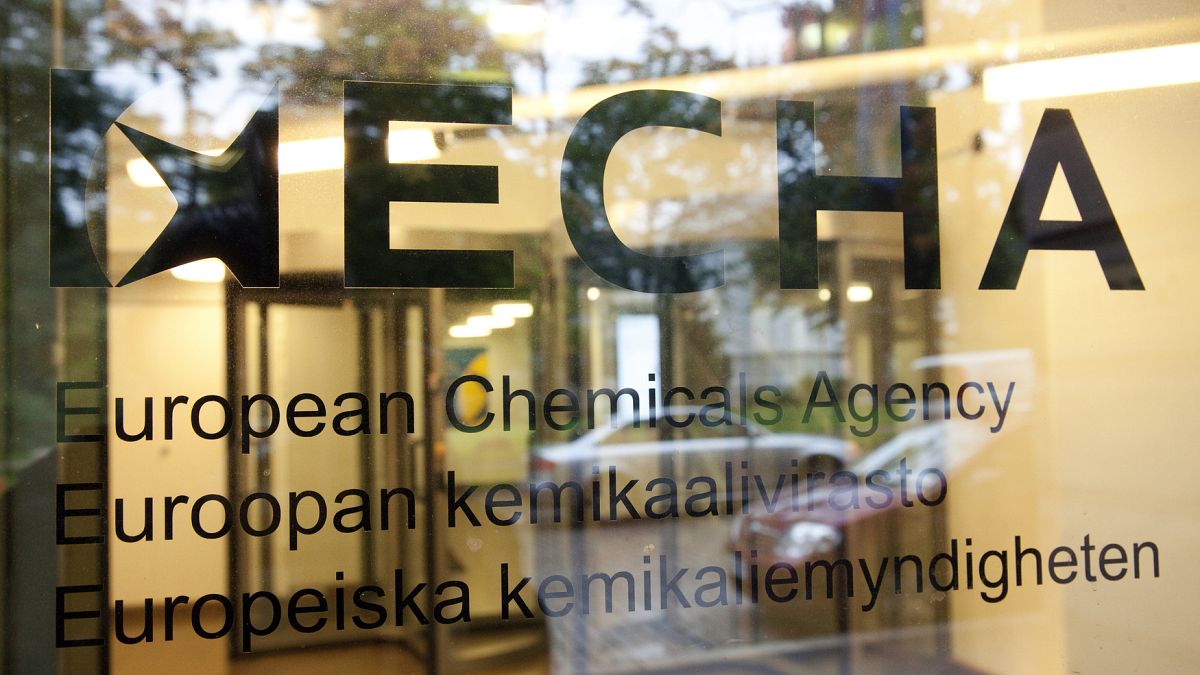Carcinogens, endocrine disruptors and other hazardous chemicals remain in widespread use across Europe due in part to lax enforcement of EU regulations by national authorities, according to a new report from the legal charity ClientEarth.
With inspections rare, non-compliance rarely sanctioned and fines “almost non-existent”, hazardous substances remain in widespread use and pose a risk to workers and the wider environment, ClientEarth has warned as the European Commission plans to simplify EU rules.
Under the regulation on registration, evaluation, authorisation and restriction of chemicals (dubbed REACH), substances identified as particularly dangerous are banned by default, and authorisations for strictly controlled substances are granted on a case-by-case basis where their use is deemed essential and no viable alternative available.
But the European Chemicals Agency reported last year that some 40% of inspections across all EU member states revealed companies failing to comply with legal requirements under the authorisation regime, with issues ranging from a lack of safety data to unlicensed uses.
Chromium trioxide – a carcinogenic compound used in protective or shiny decorative coatings at over 1,000 sites across Europe – is the most common substance where compliance issues have been identified.
Following up ECHA’s findings, ClientEarth focused on France, Germany and Spain, using available data and access to information requests to build a picture of how responsibility for enforcement is divided between national authorities, the European Chemicals Agency (ECHA) and the Commission.
The EU executive “holds little information, and therefore knows very little, about the day-to-day state of enforcement” the group concluded, noting that the same often applied to national regulators where enforcement is delegated to regional bodies. The result is a systemic failure of oversight, ClientEarth concluded, arguing that the Commission has a legal obligation to take action.
A ‘sense of impunity’
“The problem is two-fold: on the one hand, European authorities are blatantly failing to enforce the rules and punish the rule-breakers,” said legal expert Hélène Duguy. “On the other hand, weak enforcement reinforces illegal business behaviour, and a sense of impunity for companies.”
Moreover, the legal charity said, the European Commission has never withdrawn an authorisation to use a dangerous chemical, even in cases where non-compliance with the law has been detected.
The Helsinki-based ECHA told Euronews it was aware of ClientEarth’s report, and that it would be discussed at the next meeting of an advisory group comprising delegates from the national authorities of all EU member states. It reiterated that enforcement was strictly the prerogative EU governments.
“ECHA’s role is to run the Enforcement Forum which is a network of national enforcement authorities with the aim to harmonise enforcement actions by coordinating practical enforcement projects which provide common scope and methodology for controls and training for inspectors,” the agency said.
More failure to comply
Just last week, ECHA reported that inspections of 2,500 chemical safety data sheets that companies are required to provide found over a third were not compliant with the law. Infringements ranged from a lack of information on nanoforms and on endocrine disrupting properties to a complete absence of the document.
“[T]here is still work to be done to enhance the quality of the information to ensure better protection of the European workers who are handling hazardous chemicals in the workplace,” said Abdulqadir Suleiman, chair of the Enforcement Forum’s working group.
The REACH system has been dogged by controversy since its inception 15 years ago, with German regulators identifying in 2018 companies’ systematic failures to keep thousands of registration dossiers – which should contain the latest data on risks to health and the environment – up to date.
Asked to respond to the assertions in ClientEarth’s report, the European Chemical Industries Council (Cefic) told Euronews it could not comment on the actions of individual companies, but that the industry association took “the quality and accuracy of the information provided in REACH dossiers very seriously”.
“We support our members in achieving compliance with the EU chemicals legislation, like through our Action Plan on REACH Dossier Improvement which was launched in 2019,” a Cefic spokesperson said of the lobby group’s response to the earlier scandal over widespread flouting of rules on data provision.
The European Commission is expected to propose next year a root-and-branch reform of the EU regulatory regime, with new environment commissioner Jessika Roswall having been tasked with producing a package that will ‘simplify REACH’ while keeping ‘sustainability, competitiveness, security and safety considerations in mind’.













